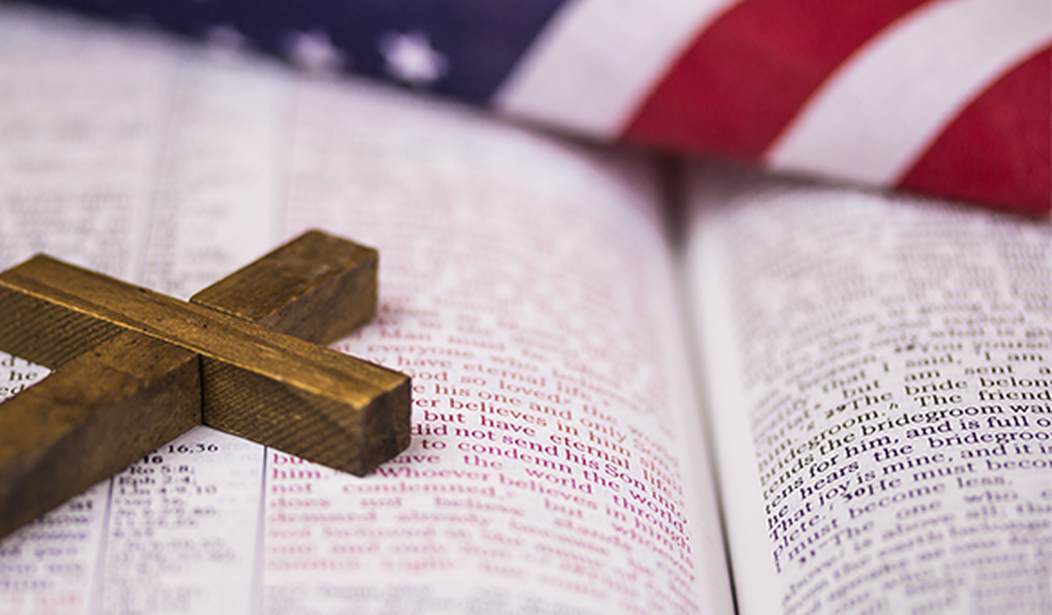Researchers have noted a substantial decline in religious belief in the United States in recent years. By way of example, according to the Pew Research Center, the number of Americans who identified as Christian declined by 12% just between 2009 to 2019, and the number who identified as Protestant declined by 8%. Pew notes some similar trends playing out among American Jews. While large numbers identify with and/or participate in various aspects of Jewish culture, smaller numbers identify with Jewish religious belief. More than a quarter of adult Jews in the United States define their religious belief as “atheist, agnostic or ‘nothing in particular’ rather than as Jewish.” In the 18-30 age group of American Jews, fully 40% describe themselves that way.
Across religious denominations, there is a strong correlation between higher levels of education and lower levels of religious belief. It is perhaps not mere coincidence, therefore, that there has been a growing cultural perception that faith in God is inconsistent with a society dedicated to intellectual rigor and scientific pursuit.
Such a perception is demonstrably false.
History is filled with great scientists who were also religious believers of one sort of another: Brahmagupta, Rhazes, Copernicus, Galileo, Isaac Newton, Gregor Mendel, Albert Einstein, Francis Collins. Nobel Physicists Max Planck and Werner Heisenberg wrote frequently in support of the complementarity of science and religious belief.
Belief that religious faith and scientific pursuit are incompatible is not only false; it is dangerous. When such a viewpoint is widespread, it leaves society vulnerable to deceit and manipulation.
The COVID-19 pandemic is a good example. For the past year-plus, we’ve heard the cry “Trust science!” Yet the “science” of COVID-19 has been inconsistent (e.g., the effectiveness of masks in preventing transmission of a virus that ranges from 50 nanometers to 140 nanometers) or unknown (will there be long-term side effects from a vaccine used under emergency authorization?). In some cases, scientific evidence has even been denied (the efficacy of hydroxychloroquine in treating COVID-19) when it ran afoul of certain people’s political objectives.
Recommended
In fact, “Trust science!” is itself something of a mischaracterization. The scientific method is a process of inquiry. It includes hypotheses, experimentation, attempted explanations for failure, new hypotheses and so on. Researchers all over the world -- many with conflicting theories -- engage in these processes; publish and present their findings; and defend them before bodies of their peers and the world at large. Scientific “consensus” can take years to build -- and a single discovery can overturn it.
This method is a search for truth. It rests on the underlying assumption that truth exists and can be ascertained, and it depends upon constant engagement and vigorous challenges, including strong opposition.
Belief in ascertainable truth is completely compatible with belief in a Being that is the source of that truth. And while people can and do debate the identity and nature of that Being, the belief in a source of penultimate truth provides those who disagree on that point with a framework for argument -- and at some point, agreement.
Contrary to those who claim that faith in God is an anti-intellectual delusion, the refusal to acknowledge a source of absolute truth ultimately results in the abolition of belief in absolute truth. In other words, a world without God is not merely one where science can run rampant and unfettered by moral constraints; it is a world where science will ultimately hold no sway at all.
We have already seen this with abortion. Prior to the advent of ultrasound, it was easier for abortion advocates to argue that the child developing in utero was “just a clump of cells.” Other advancements in medical science have made it possible to surgically treat gestating children and aid in the survival of babies born pre-term. Science and modern technology have made the humanity and distinct individuality of the unborn child clear. And yet, abortion practitioners and activists continue to defend abortion -- even for viable, full-term unborn babies.
So, too, it is now with transgender issues. Human beings are biologically, genetically, chromosomally male or female from the moment of conception. Neither surgery nor pharmaceuticals can change that scientific fact. But today, when a man claims to be a woman or vice versa, science must give way to personal feelings, and evidence is jettisoned in favor of terms to describe a newly created portfolio of “genders.” The kind of dialectic associated with the scientific method is verboten. No questions, no arguments, no contrary displays of evidence are permitted. Anyone who attempts these -- including serious scholars -- will find themselves denounced, fired, banished, canceled.
It is not just the sciences that are threatened by a society that abandons God. Other valued societal principles such as representative democracy, equality, individual liberty, due process and freedom of conscience depend upon a belief in truth and falsity, right and wrong.
Without that belief, those principles, too, are expendable: Free speech doesn’t matter; democracy doesn’t matter; election integrity doesn’t matter; consistency doesn’t matter; hypocrisy doesn’t matter.
What matters is popularity. What matters is politics. What matters is power.
That’s why what’s proclaimed to be “true” today can change with the whims of the crowd, like swirling schools of fish. It’s why traditional media, academic publishers and big-tech megacorporations can swear up and down that they “believe science” and “support democracy” but simultaneously silence and ban anyone who dares to challenge the prevailing orthodoxy, even when those people are asking serious questions, even when they have facts, evidence and -- yes -- science in support of their positions.
This isn’t truth, and it isn’t science.
We need not all be people of faith. But civilized society depends upon a critical mass of people -- whether intellectually secure believers, sincerely questioning agnostics or dispassionate atheists -- who defend the existence of truth and are open to its acquisition, even from sources that challenge our thinking.
























Join the conversation as a VIP Member